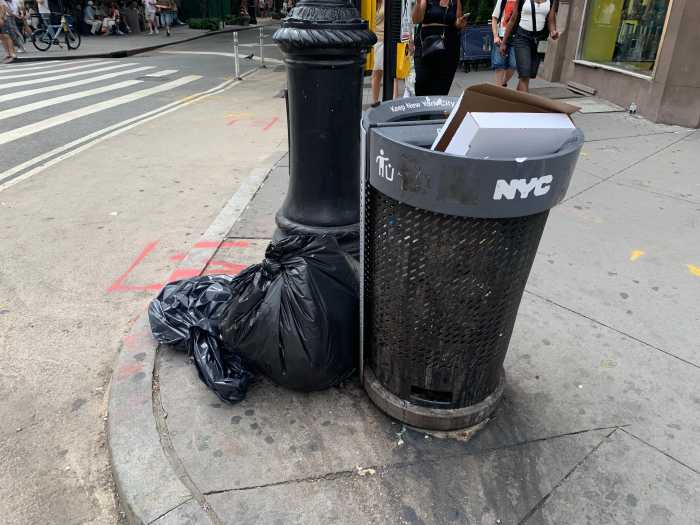There is some cause for worker celebration even after that Labor Day barbecue.
Unemployment is down and those 401(k)s are getting meatier because the stock market is up. The number of private sector jobs in New York City rose by 2.2 percent over the year in July — even more of a jump than the state and nation at large.
Unfortunately, recovery from the Great Recession has been uneven for too many here and nationwide. Wages have been stagnant, and even the hopeful economic numbers mask people who are underemployed, freelancing without benefits, don’t have the skills needed in the digital marketplace or just gave up looking for jobs. Big companies are getting bigger through mergers, lessening the leverage of workers to switch jobs for higher pay. Meanwhile, CEO compensation has skyrocketed, increasing the income inequality gap, despite decades of increased worker productivity.
The 2017 tax bill benefits the wealthiest and will ultimately do little for everyone else. One example of how the rich get richer, the so-called carried-interest loophole, still allows hedge-funders to pay lower taxes on their profits. Strong unions have been a key bulwark of worker power in American history, one that has won workplace protections and real bargaining power. But their strength in the private sector has eroded badly and public sector unions are being weakened in the courts. It hasn’t helped that a few unions have been shortsighted or distanced from the needs of their rank and file.
Without consistently rising wages, the American dream is being denied to too many. The hope to buy a home, to see children get a better education and a better life, even to retire with security, is slipping away.
The solutions to stagnant paychecks are not easy to realize. Creating opportunities must be a singular focus, and that starts with investing in human capital and formulating policies that support workers.
That would make late-summer barbecues celebrating workers a lot more celebratory.































